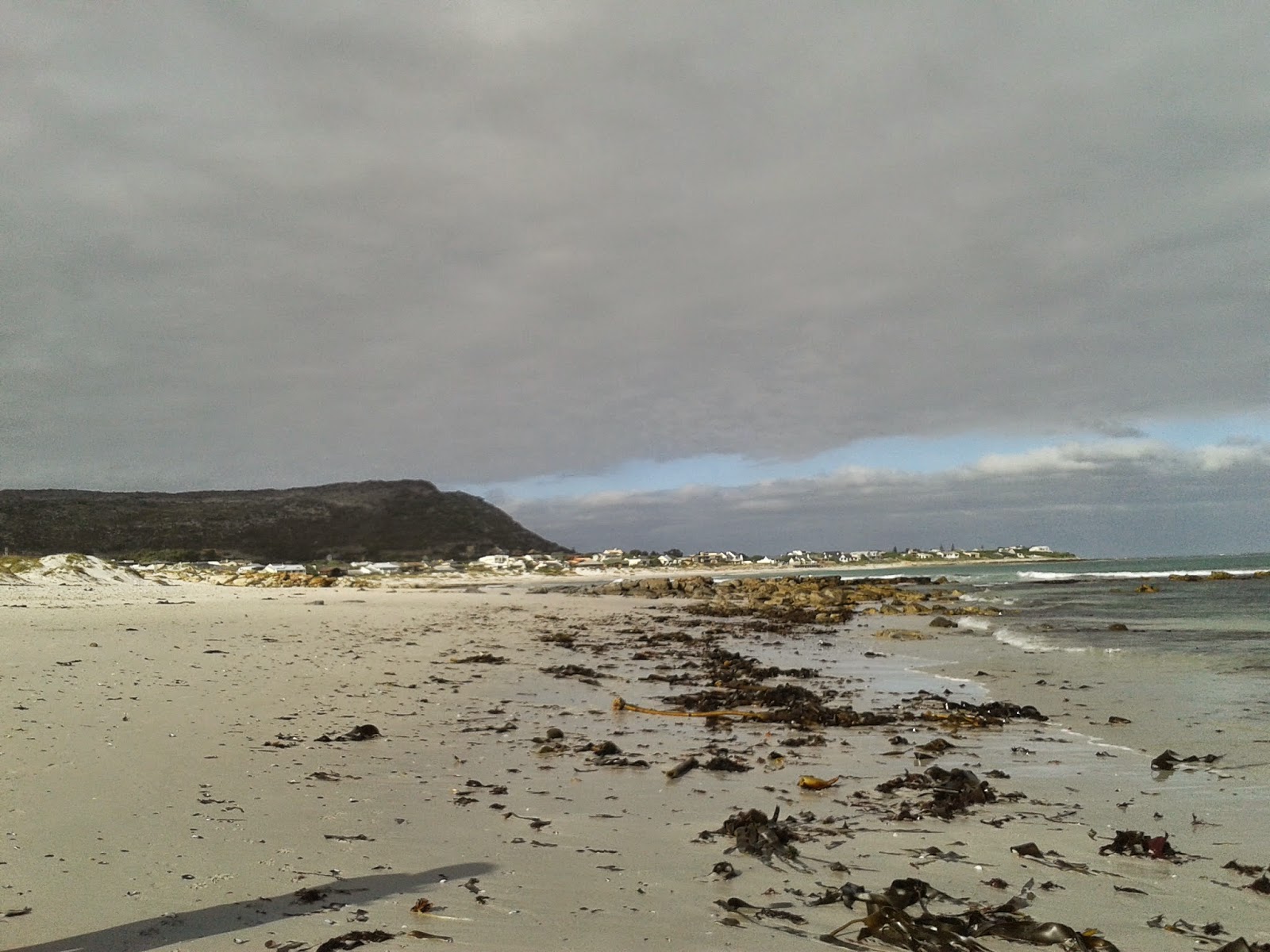It's 1am and sleep eludes me.
Darkness sharpens the senses, compensating for the lack of light on a moonless night. The sound of the sea tumbling in the bay is crisp, a rhythmic rumble unmasked by the hum of daytime activities or diverted by the wind that inevitably sweeps the land. The tinkling of the fountain below my window is like the running of a tap left on by a careless hand, accentuated by the falling level of the water in the bowl after another long, hot day.
The buzzing of a mosquito, bent on a bloody feast, zeros in beside my ear. A slap on the side of my head, and silence. The telltale lumps on my shoulders are evidence that I was too late.
Earlier this evening, I stood outside under the vine-draped pergolas of Steenberg golf club, at the foot of mountains devastated by fires and breathed in the harsh, acrid smell of recent burning hanging heavy on the air of the verdant valley, the shrilling of cicadas in the shrubbery a reminder that life carries on regardless of surrounding events.
The stars are bright against the firmament tonight - the moon is not yet risen. They twinkle silently as they move from east to west with the turning of the Earth in a gentle arc, a constant guide to travellers of old. Satellites criss-cross the darkness to guide travellers of today, silent too as they hurtle round and round and round on an almost endless orbit, until they grow old and tired and, unlike the stars they imitate, crash ignobly to Earth in a ball of fire.
A little fleet of fishing boats is passing by on the way to seek the bounty of the sea, their navigation lights strung out like jewels across the smooth sea. In the far distance, I can see the lights of a large cargo vessel as it slips around the Cape in fair weather.
These are the things of a warm, still night at the end of summer.
And so to sleep, perchance to dream...



















































